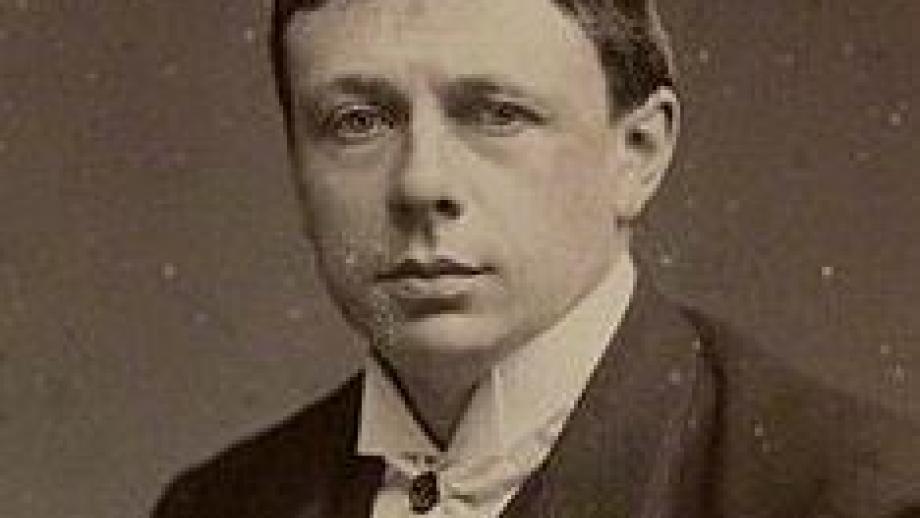Profile - William Paisley Earsman (1884-1965)
William Earsman was born in Edinburgh, Scotland, where he completed an apprenticeship as a turner and related studies.
At the age of 24 he migrated to New Zealand, but then relocated to Melbourne two years later. He worked for the Camberwell Motor Works, Victorian Railways and Colonial Ammunition Company, and became very active in the Melbourne Branch of the Amalgamated Society of Engineers, including serving as secretary (1915-16).
William was a committed socialist and joined the Victorian Socialist Party in 1911, holding the positions of Sunday School director, secretary and trustee. He also joined the Free Religious Fellowship and Anti-Militarist and Anti-Conscription League.
William established the Victorian Labor College, and upon his relocation to Sydney, he founded the New South Wales Labor College, working as secretary and lecturer until 1921.
William is considered to be “the single most important person involved in the formation of the Communist Party of Australia” (A Turner 1981), and was elected secretary of the CPA and its foundation meeting on 30 October 1920. In 1921 he attended the Congress of the Third Communist International (Comintern) and Congress of the Red International of Labor Unions, in Moscow.
William encountered issues upon his return to Australia, when his papers were seized by the Commonwealth Security Service, who had been tracking him for three years. He also found himself caught in the division that had developed between the two communist parties in Australia, with himself being a supporter of what was known as the Sussex Street party.
William again travelled to Moscow in 1922, where he gained official recognition for the Sussex Street party, became a member of the Comintern executive, met Trotsky and Lenin, and was made an honorary member of the Red Army. What was a very positive trip, was marred by William learning that he had been banned from returning to Australia. This led to him spending time in Moscow teaching English at the Red Army Military Academy, before heading to England in 1924, where he tested British machine tools for a Soviet importing agency.
William left the Communist Party in 1927, but despite this, and support from high-profile Labor politicians John Curtin and Maurice Blackburn, William was twice refused permission to re-enter Australia. In 1932 he returned to Scotland, where he joined the Labour Party and also served as secretary of the Edinburgh Trades Council (1937-49) and a councillor of the Edinburgh Festival (1946-62). In 1950 he was appointed O.B.E.
William died of cancer in Edinburgh on 13 January 1965, survived by his second wife Margaret, their son, and his daughter from his first marriage.
References
Turner, A 1981, William Paisley Earsman (1884-1965), Australian Dictionary of Biography, volume 8, National Centre of Biography, Australian National University, accessed <http://adb.anu.edu.au/biography/earsman-william-paisley-6079>

